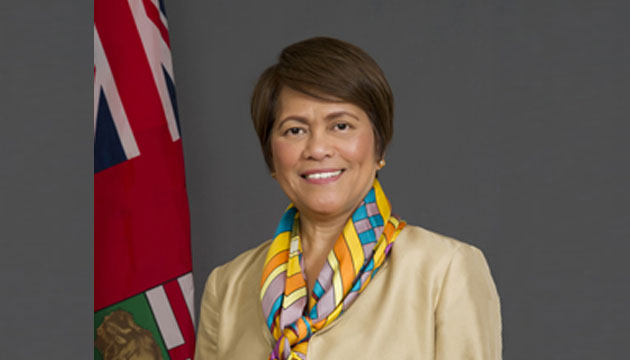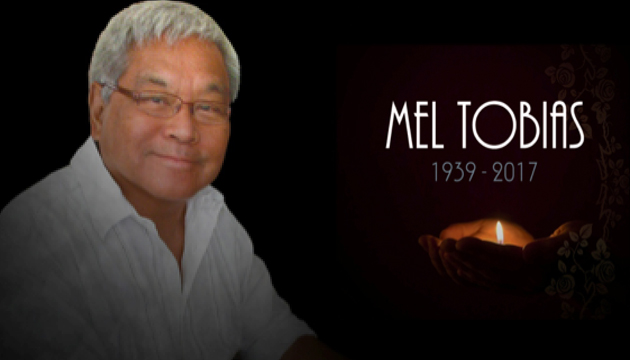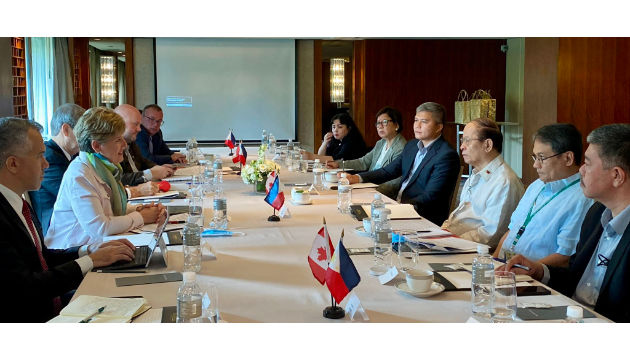What could have been welcome news in Saskatchewan’s efforts at managing the province’s pandemic crisis is hitting a wall by a persistent Canadian immigration problem: credential recognition.
The Saskatchewan Ministry of Health announced in early January that it will look into recruiting at least 150 health care workers from the Philippines, a country long known for being a source of imported labour particularly nurses. The province also hopes to recruit as many as 300 licensed practical nurses, medical laboratory technologists and health care assistants from abroad, with a focus on workers from the Philippines.
However, Philippine-based recruiters and employee unions in Canada highlight how recruiting foreign workers is problematic at best.
In an email to CTV News, Southeast Asian Placement Center president Joel Ong revealed that his firm does not even recruit to the Canadian market. He said that Filipino registered nurses (RN) are required to take additional nursing courses in Canada “which is costly and time-consuming before they are qualified to work as an RN in Canada.”
Ong added that in comparison, an RN educated in the Philippines only needs to take the U.S. National Council Licensure Exam (NCLEX) which can be done in the Philippines in order to be petitioned by an employer under a visa that enables them to bring their dependents with them to the U.S.
ElymarJavar, operations manager for Philippine-based Medical Staffing Resources, likewise agreed that the process for Filipino nurses to come to Canada is very difficult. Javar said that in the case of the United Kingdom, a candidate will only need to pass an English language test, be registered with UK’s Nursing and Midwifery Council and possess one year of hospital experience.
The College of Registered Nurses of Saskatchewan confirmed that nurses coming to Saskatchewan must prove they meet the standards to practice in the province. Applicants are assessed to determine what additional courses are needed and once bridging education is complete, applicants become eligible to write the Canadian NCLEX-RN examination.
Post-secondary institutions like Saskatchewan Polytechnic offers bridging programs for internationally educated nurses to received further education and training to meet licensing requirements.
In an article in The Star Phoenix, the Saskatchewan Union of Nurses president Tracy Zambory expressed support for Filipino nurses. “We could not be without our Filipino nurses. They are a gigantic asset, and we could not run without them.” Zambory added, “We just have to make sure that we are taking lessons from the past.”
In 2008, Saskatchewan sent a delegation to the Philippines as part of a recruitment drive aimed to hire 800 new registered nurses. Service Employees’ International Union (SEIU-West) president Barb Cape said many of those who came to Canada in 2008 did not stay, partly because of issues with professional skills but also because workplaces were not able to provide the support needed to help them settle and get used to working in a radically different country and environment.
Cape recalled, “When we were there in 2008, we did not prepare the workplace. We did not prepare those incoming health care professionals for our style of health care.”
Credential recognition is a long-standing issue among immigrants in Canada. A 2016 report by the Conference Board of Canada revealed that Canadians could earn $13.4 billion to $17 billion more per year if their credentials were fully recognized.











